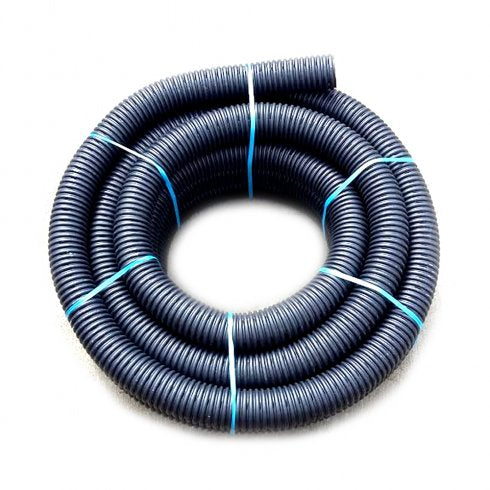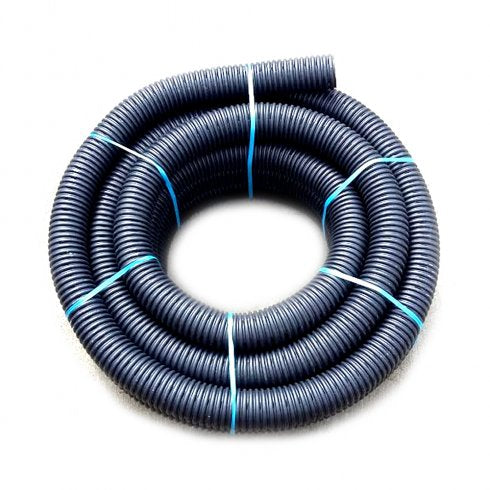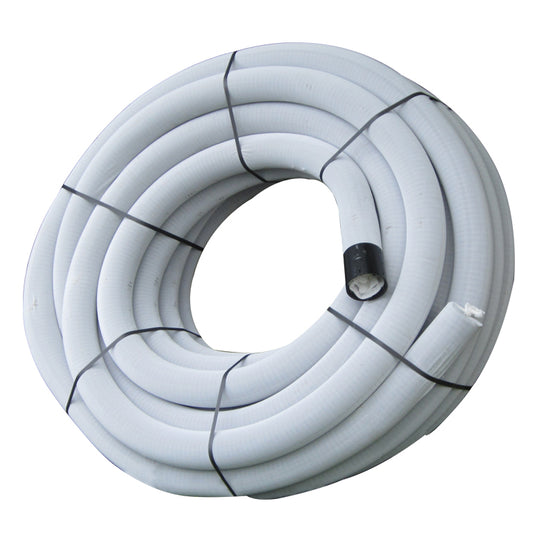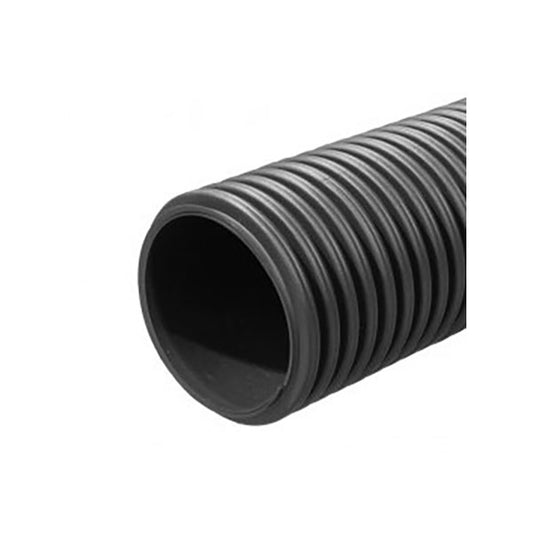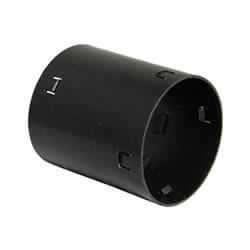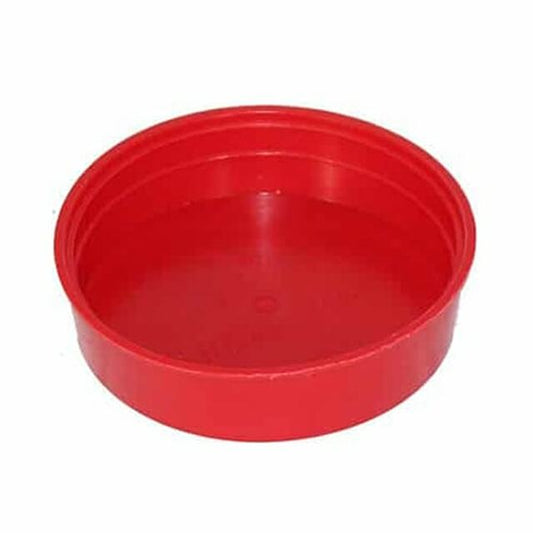So you’re looking to prevent a sports field from being water-logged or perhaps you’re thinking of increasing your crop yields BUT you’re unsure which land drainage product to install. Should you use land drainage coil or twinwall pipe?
We’re asked this question a lot.
As both products are used to prevent the build-up of excess water, it can sometimes be confusing. Selecting the right product for your application is imperative though, especially as they are both so inherently different.
What is twinwall pipe?
Twinwall pipe is basically what the name suggests – two plastic HDPE pipes that are welded together inside one another. The outer wall is corrugated whilst the inner wall is smooth to allow water to easily flow through it. Depending on whether the pipe is perforated or unperforated, it is also known as filter drain and carrier pipe.
The key difference between twinwall pipe and land drainage coil is that these pipes are rigid and inflexible. The bigger the diameter, the heavier the pipe needs to be in order to support itself and the surrounding backfill for the intended purpose.
Twin wall pipes are mainly used for bigger projects such as culvert crossings, piping a watercourse that needs to be filled in or removing surface water runoff from large yard areas.
What is land drainage coil?
Land drainage coil, also known as land drainage pipe, is single wall plastic HDPE pipe that is supplied in long coils. Depending on your requirement, these pipes can be supplied as perforated or unperforated coils.
The key difference between land drainage coil and twinwall pipe is that these pipes are flexible and light-weight, making them easier to transport and handle.
These pipes are mainly used to drain sports fields and agricultural land.
Get expert advice
Our team of specialists can provide you with expert advice on the best product for your application. Call us today for expert advice on 0121 351 3230.
Alternatively, fill out our enquiry form:





